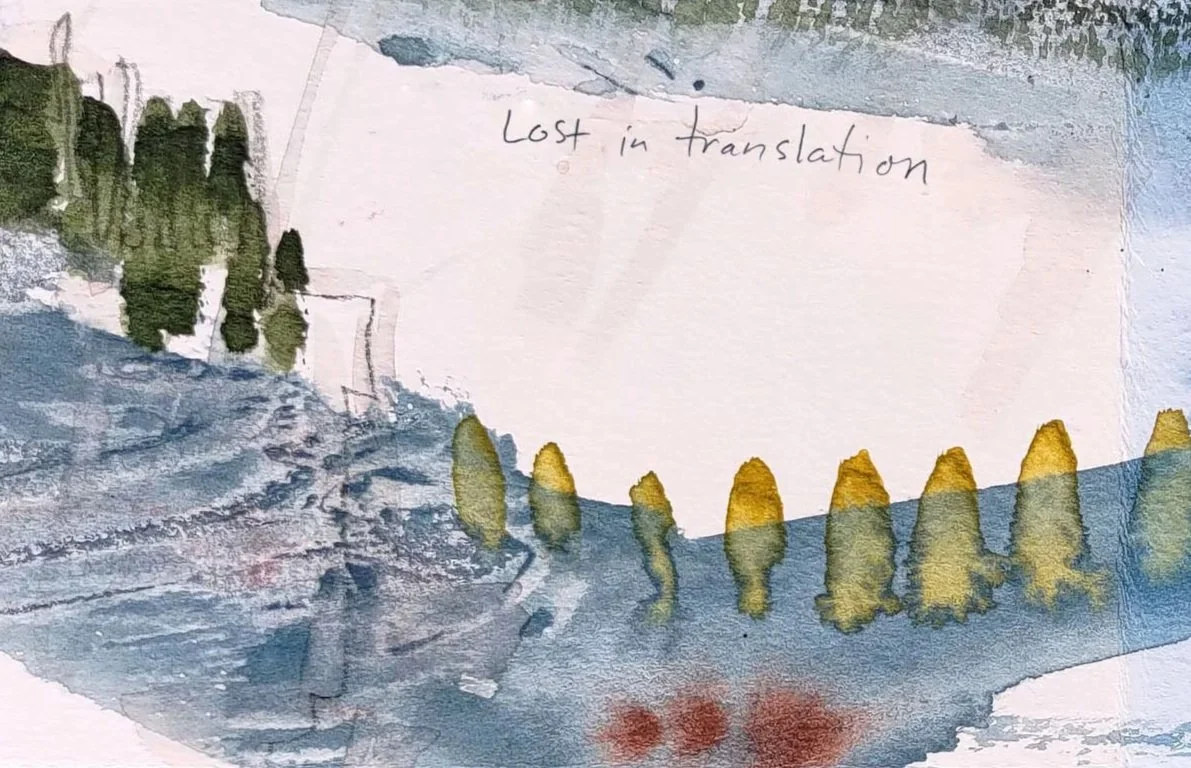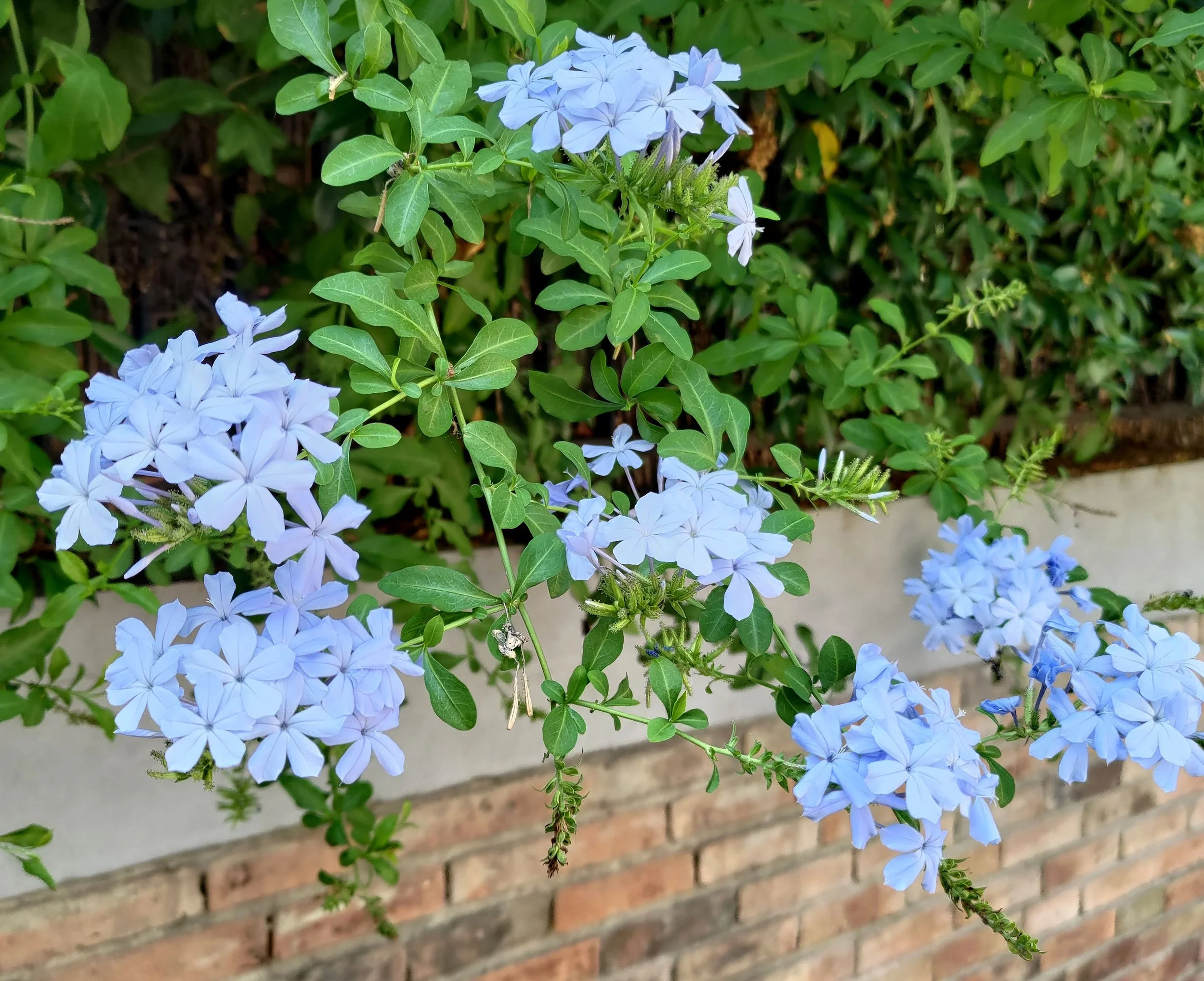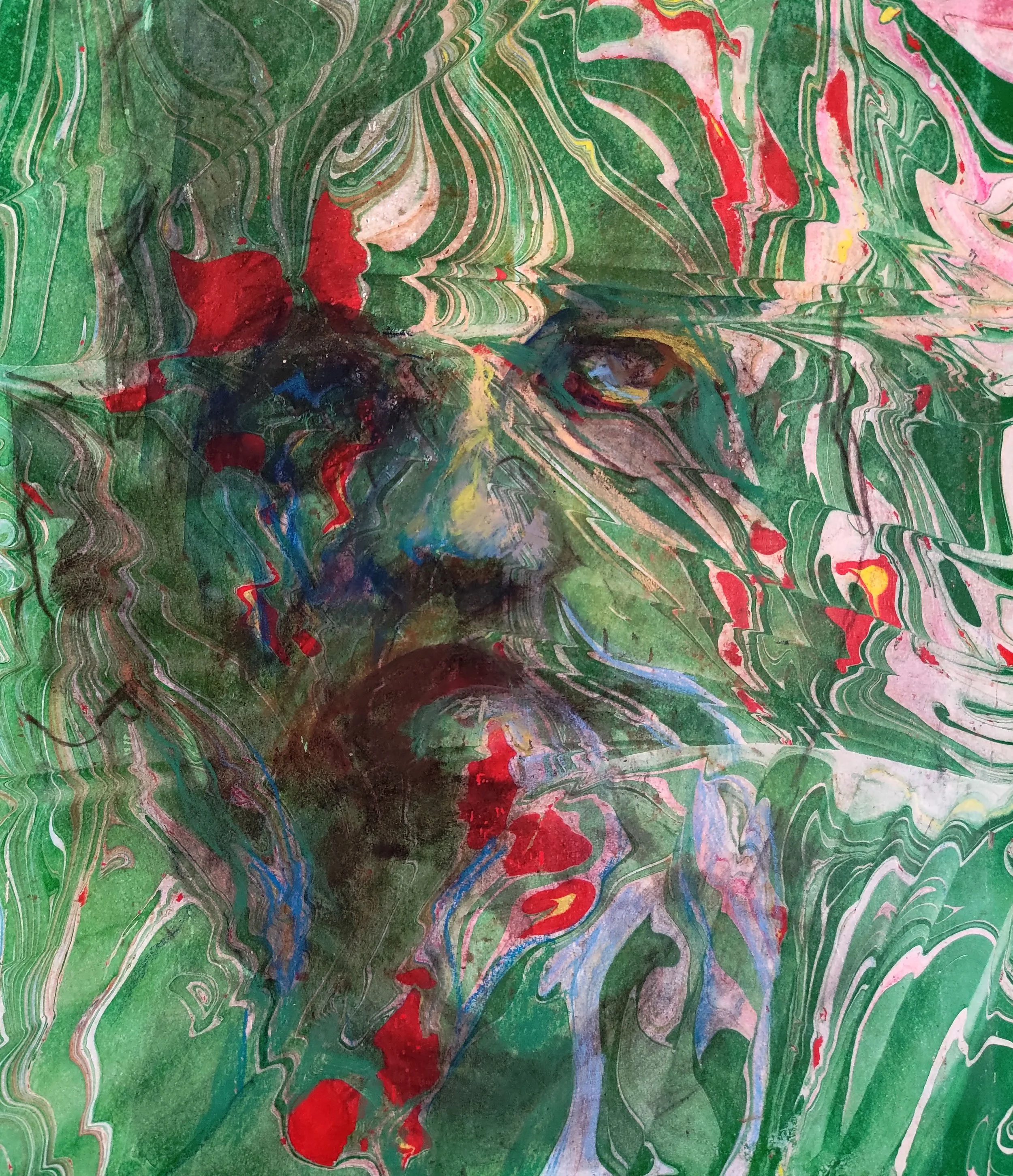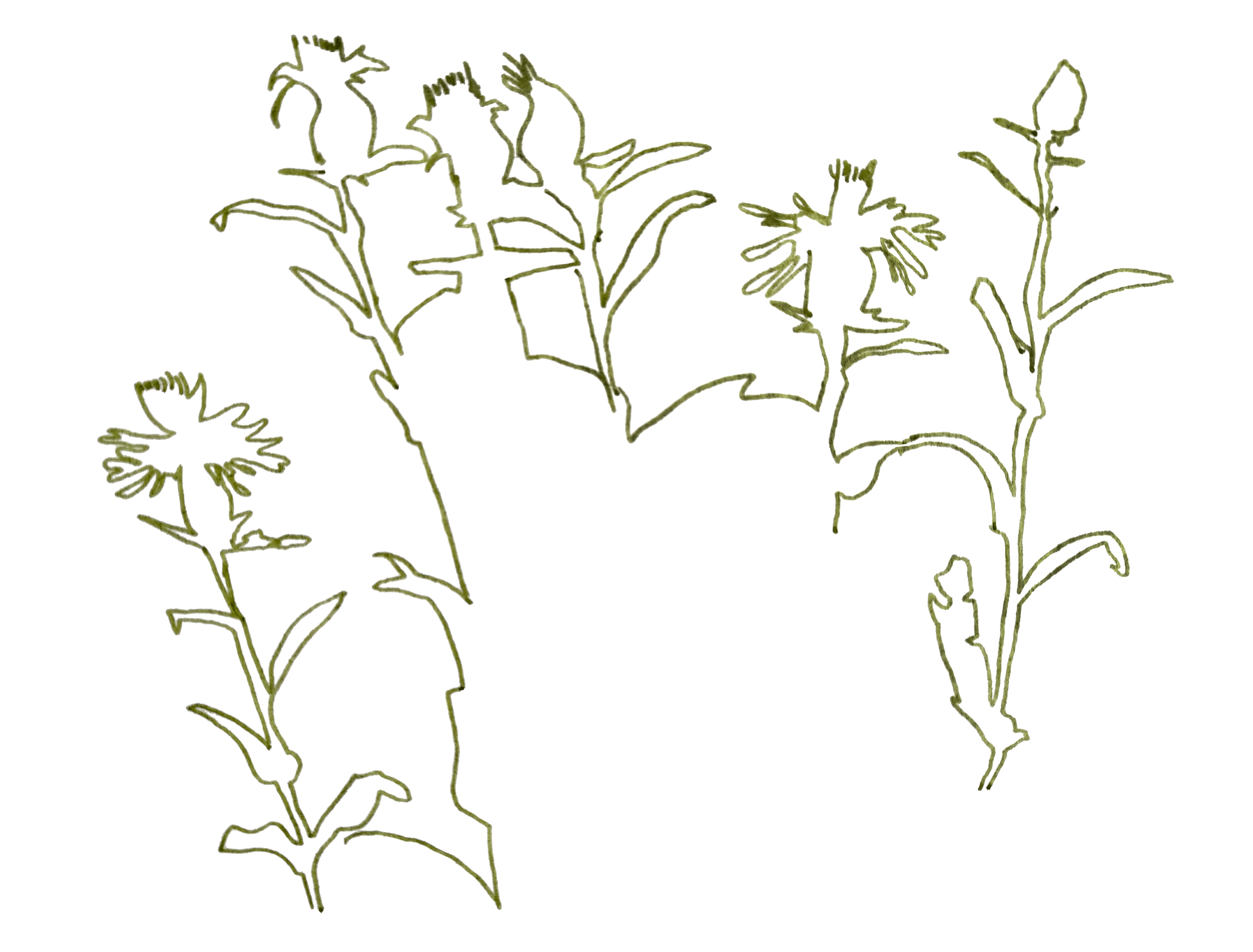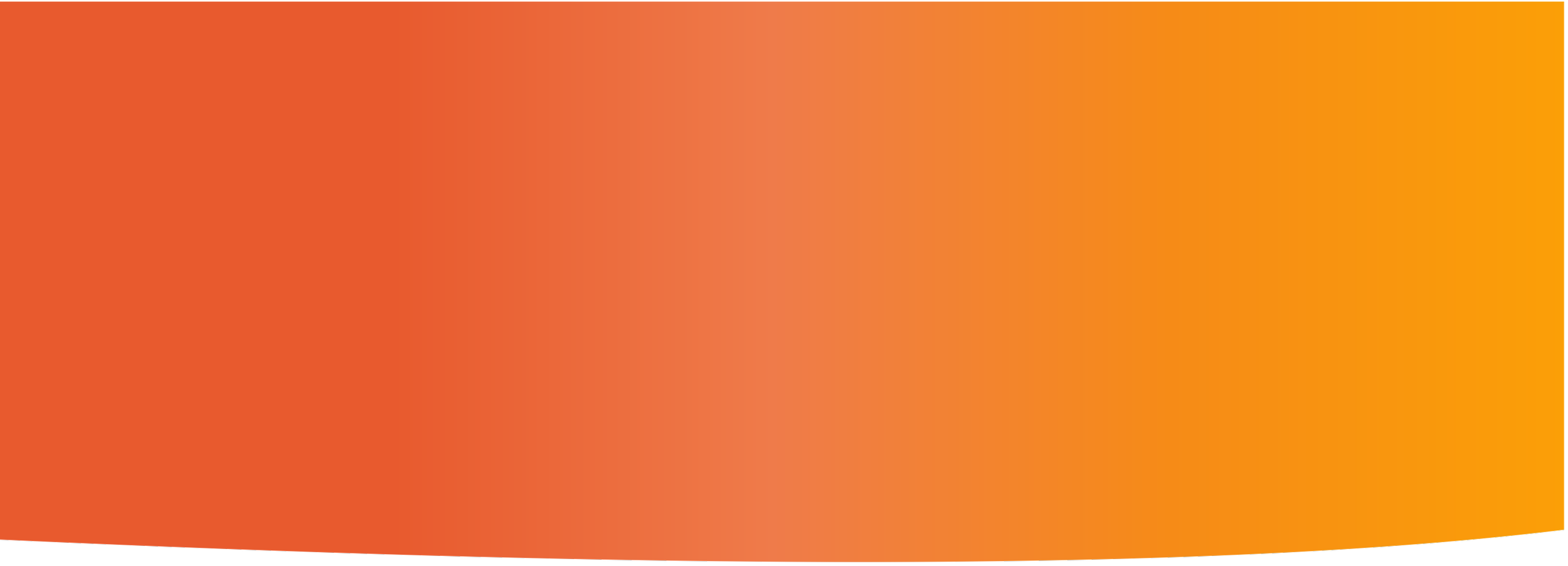
Stories
Insights & Ideas
We’re always learning and expanding our thinking.
Understanding Is Good Medicine – What We Can Learn From Barcelona’s Hospital Sant Pau
Understanding is good medicine. When we know what’s going on we are less stressed, less likely to become mentally fatigued, and better able to make decisions. Our brains are generally good at building the mental maps that support understanding, but it helps immensely if the environment or information itself is organized to make map-making easier. What does this look like?
Using the SEE Framework for Creative Community Engagement
Meredith King, one of reDirect’s 2025 fellows, shares how the SEE framework shaped her project with Ann Arbor’s Office of Sustainability and Innovations (OSI). She created a community engagement guide to help staff turn a mobile nanogrid into a learning lab to help citizens take steps toward more sustainable living.
The Opposite of Talking
The ping-pong conversational style of information sharing and anecdote exchange seems to dominate my conversations these days. And while there’s nothing particularly wrong with this, these conversations often leave me wanting more. Is our need to share drowning out our need to be understood and to understand others? Is our default conversational style making us inadvertently miss out on opportunities for deeper connection and growth? How can we literally reframe the conversation?
How Creativity Blooms – the Hidden Power of Everyday Environments
In any kind of caregiving – whether for plants or our own creative selves – it is the cumulative effects of the environments experienced day in and out that impact us most. Good intentions are fine but having environments that support the creative process is what allows our creativity to blossom. What does creativity need and how can we create an environment that helps meet those needs?
Swimming in Uncomfortable Waters
Uncertainty brings its own kind of mental pain. And the temptation to avoid it – even when it is part of learning and discovery – can be hard to resist. Whether we cling to familiar shores out of a sense of self-preservation, love, or entitlement, we often end up limiting our own opportunities for learning, discovery, and personal growth. How can we change our environments or our own mindsets to support us while we swim in deeper waters?
Curiosity is a Superpower
People are designed to be curious just like greyhounds are designed to run. Both can probably still survive if those natural tendencies are caged, but they are unlikely to flourish. How does curiosity help us be our best selves? What can we do to free our curiosity if we find it has been caged through neglect, complacency, or an inhospitable environment?
Boredom Is Your Brain’s Way of Saying, “Let’s Go Explore!”
Just like the pain of hunger is a signal to feed our bodies, the pain of boredom is a signal to feed our brains. Boredom cries out for mental engagement but it doesn’t tell us how or with what. The big businesses of the attention economy are more than happy to provide quick and easy short term boredom balms, but these rarely enrich us. How can we learn to listen to our boredom and reach for something that is more nourishing in the long run?
The Magic of Being On The Edge
The pleasurable state of mind between the known and the unknown, between familiarity and exploration, is where creativity flourishes and discoveries are made. How can you cultivate this state of mind and what can it do for you?
What’s Fun Got To Do With It?
I create art because I love exploring materials, techniques, and ideas. I create to help make sense of my thoughts and emotions. I create as a way to communicate ideas. These drives are not unique to me. In fact, they reflect fundamental human needs. Being sensitive to these needs can have a profound effect on well-being – whether in our organizations or ourselves.
Jello, Cement, and Mindsets
Like Jello and cement, once our minds are set they are hard to change. This has certainly been true of my “paint scarcity” mindset in the studio. One alternative to trying to think ourselves into a new mindset is to look to the environment for help. This is just what I did when I set out to shift my paint scarcity mindset by creating a micro-environment of abundance.
It’s Not Me, It’s Barcelona
Environment matters. It’s easier to get daily exercise in a city that is designed for walking than one that is designed for driving. It’s easier to eat a healthy diet if that is what’s on the menu. And it’s easier to learn a language in a city that immerses you. Unfortunately, that is not Barcelona. In my ongoing effort to tip to Spanish fluency, I find myself wondering if I can tweak my environment in order to offload some of the learning burden from my own waning willpower.
Digesting Art and Other Information
Artists communicate not just through art but also about art. We talk about our work. We teach. We care about helping people understand. And yet in our excitement to share everything we know, it is all too easy to share too much. To think about content but not form. And so, like so many well-intentioned communicators, we end up overwhelming or boring our audience. We can do better.



